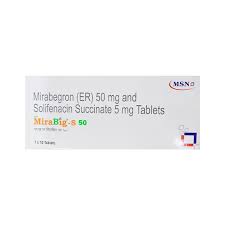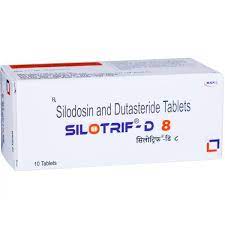nilocap
Introduction to nilocap
Nilocap is a medication primarily used in the treatment of chronic myeloid leukemia, a type of cancer affecting the blood and bone marrow. Nilocap is available in tablet form and is designed to help control the disease and potentially lead to remission, where the signs and symptoms of cancer decrease or disappear.
Composition of nilocap
Nilocap contains the active ingredient Nilotinib, which functions by inhibiting a protein called tyrosine kinase. This protein is responsible for promoting the growth of cancer cells. By blocking this protein, Nilotinib effectively helps in managing the disease by stopping the growth of cancer cells.
Uses of nilocap
- Treatment of chronic myeloid leukemia
- Control of blood and bone marrow cancer
- Potential induction of remission in cancer patients
Side effects of nilocap
- Common side effects: nausea, skin rashes, fatigue
- Serious side effects: heart problems including QT prolongation, liver function impairment
Precautions of nilocap
Nilocap may cause heart-related issues such as QT prolongation, affecting the heart rhythm. It can also impact liver function. It is contraindicated in patients with long QT syndrome, a heart rhythm disorder. Patients should discuss any pre-existing conditions with their healthcare provider before starting nilocap.
How to Take nilocap
The usual starting dose for adults is 300 mg taken twice daily. Nilocap should be taken on an empty stomach, approximately 12 hours apart. The capsules must be swallowed whole with water and should not be crushed or chewed. Always follow your doctor's instructions regarding the correct usage of nilocap.
Conclusion of nilocap
Nilocap, containing the active ingredient Nilotinib, belongs to the therapeutic class of tyrosine kinase inhibitors. It is primarily used for treating chronic myeloid leukemia. Manufactured to help manage and potentially lead to remission of cancer, nilocap is a significant medication in oncology. Patients should be aware of its side effects and precautions, and always follow medical advice for its use. Nilocap is a crucial option for those battling specific types of cancer, offering hope for disease control and remission.

More medicines by MSN Laboratories
Available in 2 variations

strip of 4 capsules

strip of 4 capsules
Disclaimer : This information is not a substitute for medical advice. Consult your healthcare provider before making any changes to your treatment . Do not ignore or delay professional medical advice based on anything you have seen or read on Medwiki.
nilocap
Prescription Required
Manufacturer :
MSN LaboratoriesComposition :
nilotinib













.svg)
